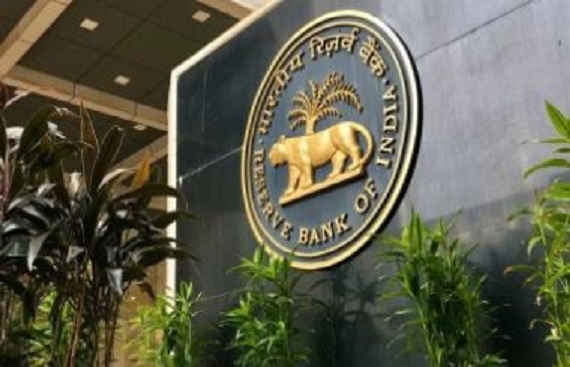RBI Sets Up Six-Member Payments Regulatory Board with Govt Nominees

- The RBI has formed a six-member Payments Regulatory Board (PRB) led by the Governor to oversee payment systems.
- The board includes three Centre-nominated members, marking stronger government involvement.
- This move aims to enhance regulatory oversight and foster innovation in India's digital payments ecosystem.
The Reserve Bank of India (RBI) has established a six-member Payments Regulatory Board (PRB) to manage the regulation and supervision of the nation's expanding payment systems. This initiative is regarded as a strategic measure to improve governance and coordination between the central bank and the central government within the swiftly changing digital payments sphere. The newly created PRB will be led by the RBI Governor and will be supported by the Department of Payment and Settlement Systems (DPSS), which will now have direct reporting responsibilities to the board. This organizational change guarantees more concentrated oversight of India’s rapidly growing digital transaction environment.
The PRB will succeed the Board for Regulation and Supervision of Payment and Settlement Systems (BPSS), which was also chaired by the RBI Governor but did not include central government representation. In contrast, the new board will incorporate three members appointed by the Centre, allowing the government a more significant role in discussions about digital finance, payment innovation, and financial inclusion. Additionally, the PRB will consist of the RBI Deputy Governor responsible for payment systems and one RBI officer selected by the Central Board of the Reserve Bank. This restructuring occurs amidst a rise in digital payments throughout India, driven by initiatives such as the Unified Payments Interface (UPI), digital wallets, and real-time banking frameworks. The PRB is anticipated to be instrumental in fortifying regulatory structures, stimulating innovation, and guaranteeing secure, inclusive, and effective payment services.
Experts consider the establishment of the PRB to be a timely reform that will introduce increased transparency, coordination, and accountability within payment system regulation. The addition of government representatives may also encourage improved policy alignment between the RBI and the Centre in the fintech and digital infrastructure domains. The formation of the PRB aligns with the suggestions from various expert groups and stakeholders advocating for a more inclusive regulatory framework in response to the rapid growth and diversification of India’s digital payment landscape.

